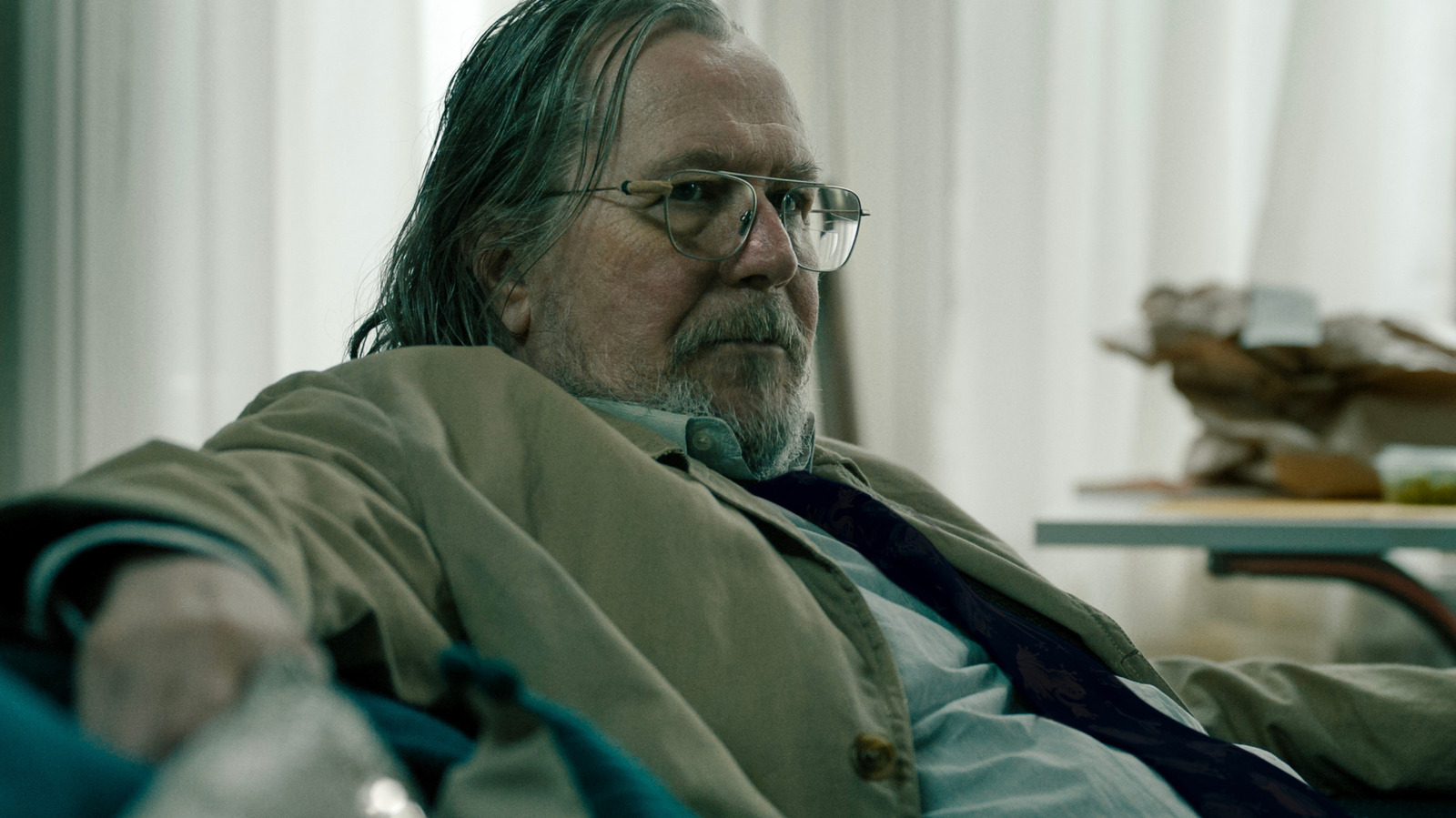
Kelly Reichardt’s The Mastermind is a slow-burner of a heist movie that calls to mind the likes of Bresson and Melville in a distinctively American drama that takes place in 1970s Massachusetts and follows Josh O’Connor’s JB, an unemployed carpenter who takes up art thieving and looks to get into the business in a way that’s quietly doomed to failure. It feels like a French crime drama as much as a uniquely 70s American film – slow moving, uniquely so by Kelly Reichardt standards.
Anyone who’s seen any Reichardt film before will know what you’re getting here: a meditative deconstruction of an entire genre. Its jazzy opening is a quiet piece about a character who has it all already, sans the job, and is looking for that thrill in his life that isn’t there. We later learn that he had rich parents – so he even has the advantage that most don’t, yet he still turns to thieving anyway – O’Connor hiding the painting in the pig stall is a touch of comedic genius that Reichardt gives a lengthy amount of time to – the painstaking climbing of the ladder only to lose it is worth the ultimate payoff in a movie that takes its time as much as this.
It’s a dissection of the lonely man seeking a purpose archtype and he’s doomed from the get go by the greed of his own actions: you watch his carefully laid plans fall apart at every turn with an upbeat, jazzy score that makes the whole thing feel like a well planned comedy of errors. Josh O’Connor; excellent in Wake Up Dead Man, is fantastic again here in a completely different and dishevelled, entirely unsympathetic way – for those who say this is slow are missing the point: it’s a Reichardt movie that moves at the speed of Night Moves and Meek’s Cutoff, and all the better for it. These people wouldn’t survive Old Joy.
Too many movies have ignored the reality of being “meant for greater things” and it takes a deadbeat dad who wants to be a protagonist in a genre film but has it play out with real world consequences and his actions that aren’t repurposed. It feels like there is no way this film could be made in the modern day, it had to be a 70s film – the production rivals say that of The Holdovers from last year – a period piece transported to the present with exceptional commitment to authority. Reichardt makes her ideas and specificity into her characters that make them wholly unique – the whole set-piece at the house that JB is staying at the end of the film in the final act is pure gold – the difference in opinion of the people looking after him get him to face the reality of his actions – and the film is as much about what happens to the people who try to turn to the life of art crime as much as those who don’t.
The film is perfectly paced, meditated and a real exercise in character study in a genre piece. O’Connor is sympathetic as much as you want to hate him – you can’t help but want him to succeed. He has that Bob Dylan/Springsteen look of the ‘60s and ‘70s nailed down to a T and Reichardt arguably finds a way to make one of the most French American films ever made – her influences laid bare in New Wave canon.







